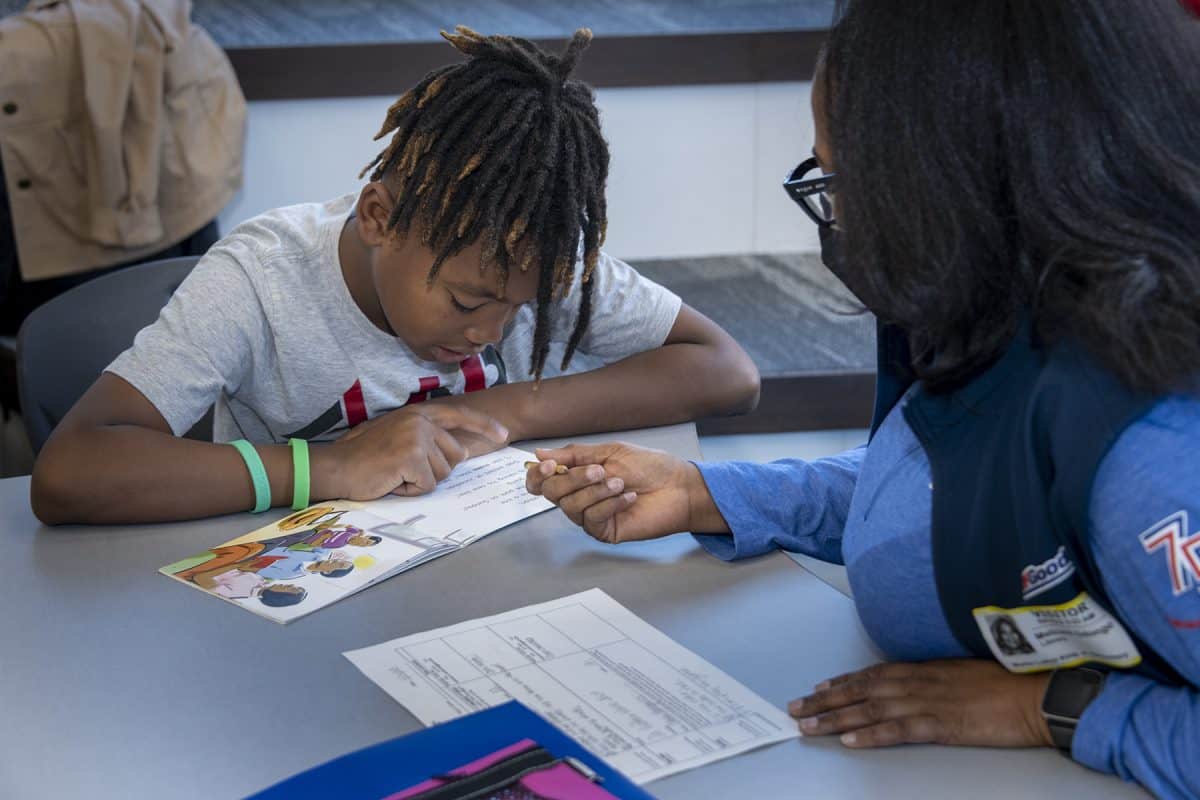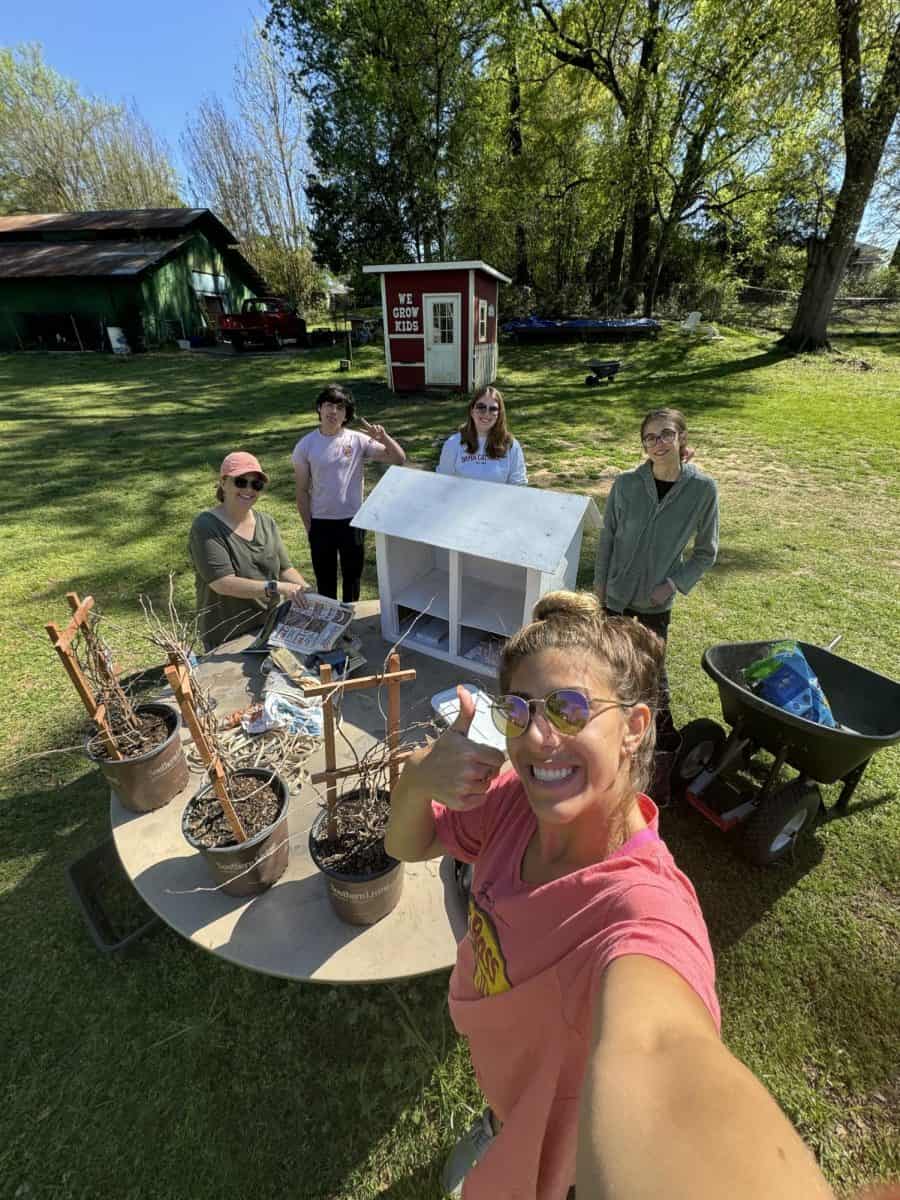Reading Allies is a nonprofit literacy program developed to help children reach grade-appropriate reading levels. Through one-on-one individualized tutoring, the program aims to help first, second and third grade students through community-based teaching.
Claire Stebbins, co-director of Reading Allies, explains why this program is so important to young students.
“There’s a ton of research and data that says why reading on grade level by the end of third grade is so critical,” Stebbins said. “One of these being that students who are not reading on grade-level by the end of third grade are four more times likely to drop out of high school.”
Since beginning the organization in 2017, Stebbins has seen a lot of growth. It started with 15 kids, and now there are over 350 elementary students in the program.
“It was a collaboration of the Rotary Club of Tuscaloosa, the Honors College and just a few really engaged civic leaders that asked, What would happen if we took our lowest, struggling readers and individualized lessons for them?” Stebbins said. “We really took it and started just as an informal process where the Rotary Club provided the initial funding, and we worked with 15 children at Martin Luther King Elementary and it was just a wild success.”
Since then, Reading Allies has expanded to different schools across Tuscaloosa, and has amassed over 600 volunteers.
According to Dalis Lampkins, a doctoral student studying political science, volunteers first help the kids with reading activities, then a few writing exercises to help them reach the required literacy level.
“Volunteers work with the same student every week, so that they have that familiarity, and they are always really excited when we come in the morning and get to spend some time with them,” Lampkins said.
Lampkins has volunteered with Reading Allies for three years now and has loved the experience so far.
“It’s been really wonderful for me because, being a Ph.D. student, I’m obviously very busy,” Lampkins said. “So, I like being able to take that time each week to go where I’m not working on my dissertation or anything on campus. I’m just at Southview [Elementary School] spending time with a student, working with them on their reading and writing.”
According to both Stebbins and Lampkins, the time requirement for all volunteers is one 30-minute session a week. The organization allows volunteers to choose the days and time that they wish to attend, but most volunteers end up wanting to do more than one session.
“A lot of volunteers are returners, people that I have been with the entire time,” Lampkins said. “And even my people who didn’t return to Southview, it’s because it didn’t fit their schedule. I know that they are at other schools.”
Programs such as Reading Allies are growing in importance since the Alabama Literacy Act went into effect earlier this year. Proposed in 2019, the act went into effect at the beginning of the 2023-24 school year.
According to an article from WSFA 12, between 10,000 and 12,000 third grade students are at risk of being held back in Alabama due to this new law. In the article, Alabama State Superintendent Eric Mackey says that the current score needed to advance to the fourth grade is a 435, and he expects the Alabama State Department of Education board will raise it next year.
“That will mean by the end of the school year, a student that’s not reading at a certain level will have to repeat the third grade until they meet that level,” Stebbins said.
According to Stebbins, the ultimate goal is to expand outside of Alabama, and hopefully grow to be a national nonprofit organization.
“The goal in Tuscaloosa city and county has always been to serve every single Title I school in those school districts,” Stebbins said. “And, by next fall, we will have accomplished that goal faster than we ever thought possible. … We’ve created trainings to go to other communities around the state of Alabama and outside as well to show that we have a proven model. So hopefully one day there will be a Reading Allies Birmingham, or a Reading Allies Montgomery.”
Stebbins encourages anyone who wishes to volunteer to visit the Reading Allies website and fill out the volunteer form.







